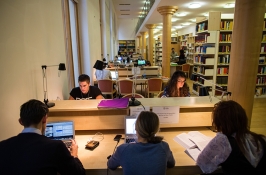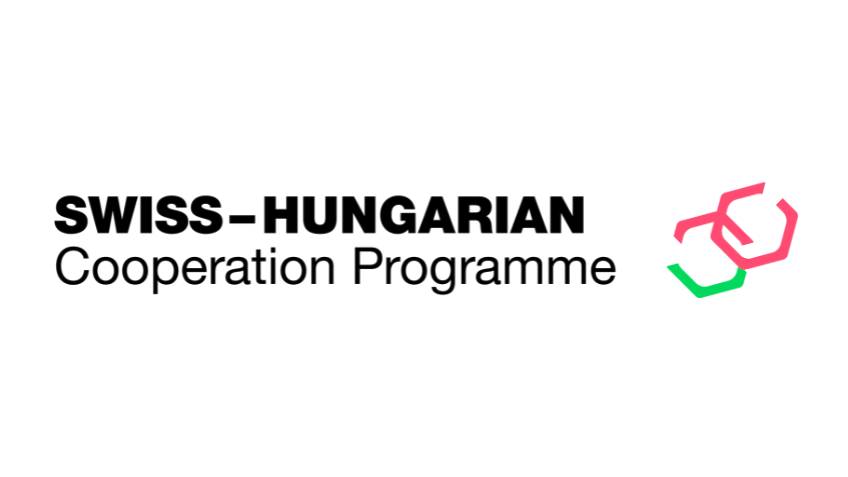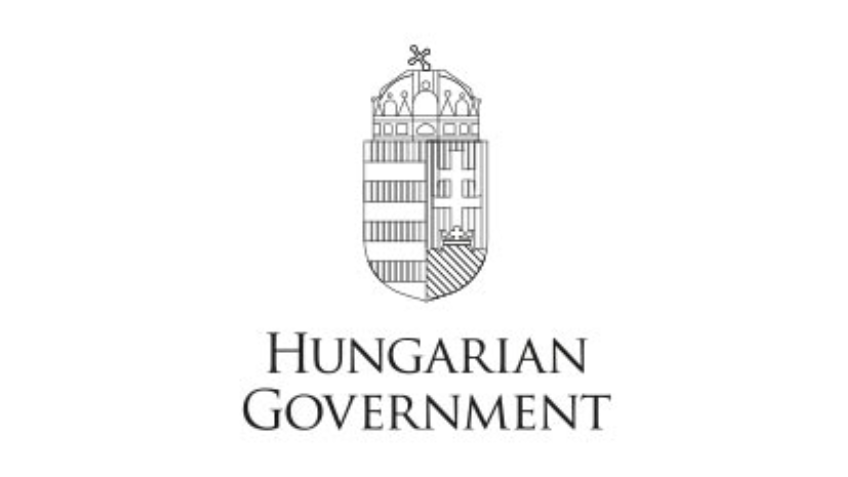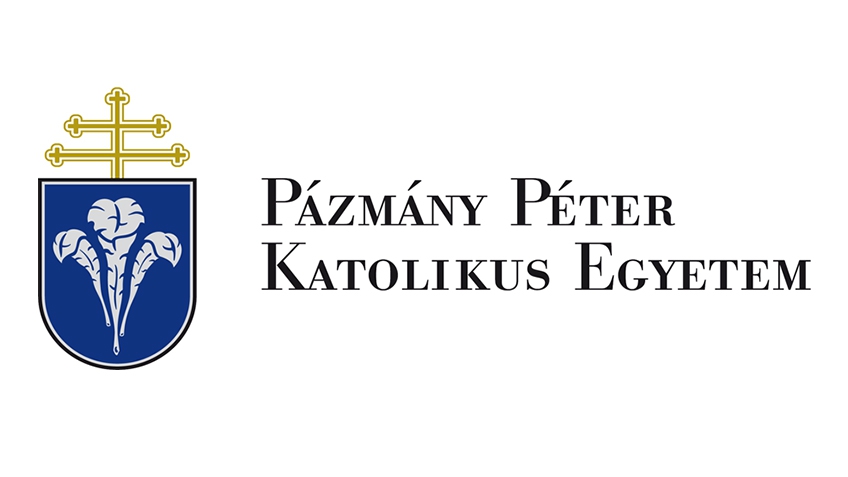The joint research group ‘Participatory Democracy’ of the Pázmány Péter Catholic University and the Andrássy University organised a full-day conference in which the role of citizens and participation in different concepts of the state were examined. This conference is the opening event of a series of conferences in the ‘Focus Area 2: Democratic Innovations’ within the ‘Changing Orders Research Programme’, which is supported and financed by the Swiss-Hungarian Cooperation Programme.
The crisis of (representative) democracy has been discussed for decades, particularly in the legal and social sciences. The democratic institutional system, which developed primarily in the 19th century, is facing a number of challenges today. The declining interest of voters in political events, declining social trust in politicians and political parties, the parallel drop in voter turnout, the emergence of opinion bubbles, which also occur in stable democracies, and increasing political polarisation - these are the best-known symptoms of this crisis. New technologies such as artificial intelligence are also exerting enormous pressure on traditional forms of democratic decision-making and undermining trust in democratic processes. All of these factors can be interpreted as crisis phenomena. However, they can also be seen as indications of the need to adapt and further develop (representative) democracy and to reflect on how the traditional democratic system can be improved.
Both our understanding of the problem and our attempts to find possible solutions and further developments depend on our fundamental understanding of the state and democracy. In order to find the right paths, we must first clarify the conceptual basis from which we develop our understanding of the problem and derive the search for possible solutions. On this basis, the first panel, which was held at the Pázmány Péter Catholic University, focussed on the conceptual foundations. In his introductory lecture, László Komáromi (Pázmány Péter Catholic University) explored the question of what virtues politicians and ‘ordinary’ people must possess in order for a democracy to function.
Balázs Schanda (Hungarian Constitutional Court and Pázmány Péter Catholic University) used the ‘Böckenförde dictum’ to delve deeper into the question of what fundamental values a democratic state needs in order to secure its long-term existence and pointed out in this context that even modern secular states must fall back on traditional, religious values in order to be able to establish a stable basic consensus.
Dragan Prole (University of Novisad) focussed on the thoughts of Immanuel Kant and asked what measures the Königsberg philosopher would propose to strengthen citizen participation under the conditions of a digital public sphere. Prole argued that Kant would see it as a civic duty to participate in the common cause and would therefore call for compulsory voting.
While Lilla Berkes (Pázmány Péter Catholic University) explored the scope, meaningfulness and usefulness of different forms of citizen participation based on the functions of today's state, Zoltán Tibor Pállinger (Andrássy University of Budapest) demonstrated the systematic significance of participation for democracy and elaborated on the role assigned to citizens in various modern theories of democracy. In the last lecture of the first panel, Arne Pautsch (Ludwigsburg University of Applied Sciences) presented ideas on how the concepts of representative and direct democracy can be supplemented by aleatorical procedures (for example through the creation of representative citizens' councils) in order to make the quality of democratic decisions more objective and at the same time more legitimate.
The second panel, which took place at Andrássy University, focussed on the question of how popular sovereignty can be implemented in concrete institutional and procedural terms. Henriett Kovács (Andrássy University Budapest) used the example of memory politics in Hungary to show how state identity can be shaped by political elites and at the same time addressed the limits of identity politics ‘from above’. While Bruno Kaufmann (Swiss Democracy Foundation) presented global examples of political participation from the perspective of civil society, Tamás Tárnok (University for National Service) used the example of the European Citizens' Initiative to show how national ethnic minorities can put supranational instruments at the service of minority protection. However, he came to a sceptical assessment of the impact of these instruments.
Ellen Bos (Andrássy University Budapest) presented the development and spread of external voting in her lecture and analysed the theoretical and practical advantages and disadvantages associated with this concept. Finally, two presentations focussed on the limits and possibilities of digital democracy. Csaba Madarász pointed out that the technological developments that drive procedural innovations in democracy are sometimes less transparent and poorly regulated, which in turn can contribute to eroding trust in democracy. Uwe Serdült (Centre for Democracy Aarau and Ritsumeikan University) pointed out the Janus-faced nature of the use of artificial intelligence in the context of digital democracy: on the one hand, large amounts of data, such as those generated in the context of consultations and petitions, can only be processed sensibly with artificial intelligence; on the other hand, this is increasingly beyond human control and can thus lead to a deterioration in the quality of democracy. Both experts agreed that technological developments can no longer be reversed and that they will have a substantial impact on politics in general and democracy in particular. They therefore argued in favour of prudent legal regulation in this area.
The conference was characterised by a lively exchange and substantive discussions. Overall, it was possible to reflect on current democratic developments and the aforementioned crisis phenomena with regard to a fundamental understanding of the state. This event laid the conceptual foundations for further conferences within the ‘Focus Area 2: Democratic Innovations’ of the ‘Changing Orders Research Programme’, which will systematically address democratic innovations at local, national and supranational level.
This event was organised within the framework of the Changing Orders Research Programme, a comprehensive project supported by the Swiss Contribution with the national co-financing of the Hungarian Government.
Zoltán Tibor PÁLLINGER



 ETN
QuickLinks
Contact
ETN
QuickLinks
Contact
 Start Your Studies!
Scholarships
Degree Programmes
PH.D. Programme
Admission
Alumni Association
Start Your Studies!
Scholarships
Degree Programmes
PH.D. Programme
Admission
Alumni Association
 Subscribe to our newsletter
Subscribe to our newsletter
